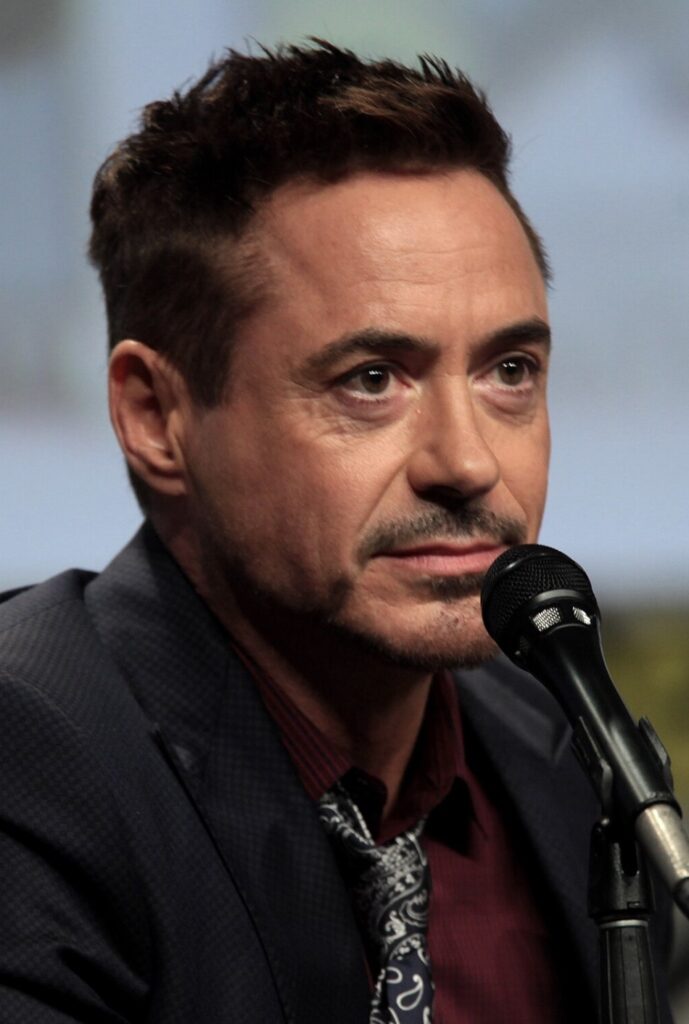The Hollywood Star Threatens Legal Action Against Future Digital Duplicates
In a world increasingly influenced by artificial intelligence, Hollywood actor Robert Downey Jr. has made his stance clear regarding the potential digital replication of his likeness. During a recent episode of the On With Kara Swisher podcast, Downey expressed his intentions to take legal action against any executives who might attempt to recreate him using AI in the future.
- A Bold Legal Warning: Downey Jr. stated his intention to “sue all future executives” who decide to create a digital replica of him, emphasizing his strong opposition to unauthorized AI representations.
- A Personal Perspective: The actor shared his emotional outlook, suggesting that while he doesn’t focus much on AI issues, he is keenly aware of the implications for his identity and legacy.
- The Ongoing Debate: Downey’s remarks reflect a broader industry conversation about the ethical implications of using AI to replicate actors, raising questions about consent and the ownership of one’s digital likeness.
In a candid discussion with Kara Swisher, Robert Downey Jr. conveyed his concerns about the use of artificial intelligence to create digital versions of actors. He declared his intention to take legal action against any executives who might consider recreating him in the digital realm, reinforcing his commitment to protecting his image and artistic integrity.
Downey’s declaration comes at a time when the film industry is grappling with the implications of AI technology. As digital replicas become increasingly feasible, the question of consent becomes paramount. Downey’s stance serves as a warning to the industry about the importance of respecting actors’ rights and boundaries in an age of rapid technological advancement.

The Emotional Impact of AI Representation
While discussing the potential for AI to recreate his likeness, Downey reflected on the emotional aspects of the situation. He mentioned that he prefers to focus on his actual emotional experiences rather than the complexities introduced by AI technology. This insight reveals a human side to the actor, highlighting his desire to remain connected to his authentic self amid the noise of digital replication discussions.
Moreover, Downey expressed confidence in the decision-makers behind his character in the Marvel Cinematic Universe (MCU). He indicated that he is not worried about the integrity of his character being compromised, as he trusts that the key players involved would not exploit his likeness inappropriately. This sense of trust allows him to navigate the challenges posed by AI more comfortably.
Acknowledging the Future of Digital Replication
Swisher pointed out the inevitability of future executives wanting to create digital replicas of stars like Downey. His witty retort—”I would like to here state that I intend to sue all future executives just on spec”—not only underscores his resolve but also highlights the humor he finds in the situation. His quick wit reflects a broader understanding of the entertainment industry and the potential future challenges it may face regarding AI.
In a lighthearted exchange, when Swisher reminded him that he might not be around to enforce his wishes, Downey responded, “But my law firm will still be very active.” This clever remark emphasizes his commitment to ensuring that his legacy and likeness are protected, regardless of the technological advancements that may arise.
The Broader Implications for the Industry
Downey’s declaration is emblematic of a growing conversation within Hollywood about the ethical implications of AI and digital replicas. As technology continues to evolve, actors, filmmakers, and industry stakeholders must grapple with the moral and legal ramifications of using AI to recreate human likenesses.
This dialogue raises critical questions: Who owns the rights to a digital representation? How can actors protect their identities in an increasingly digital landscape? Downey’s bold stance serves as a catalyst for these discussions, pushing the industry to consider the importance of consent and ownership in the face of advancing technology.
